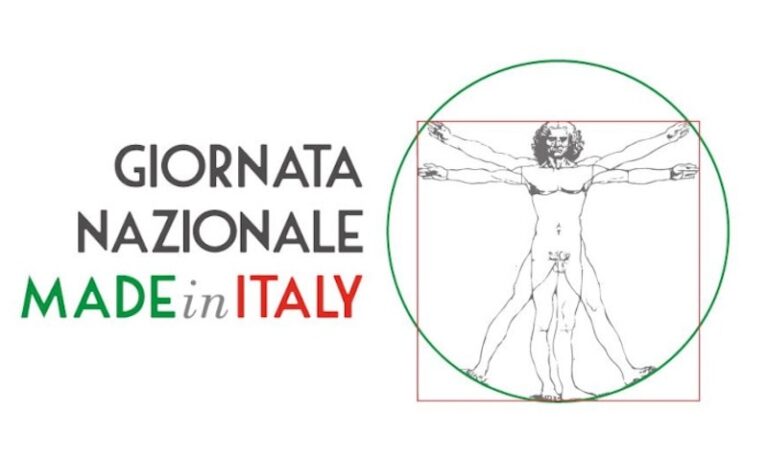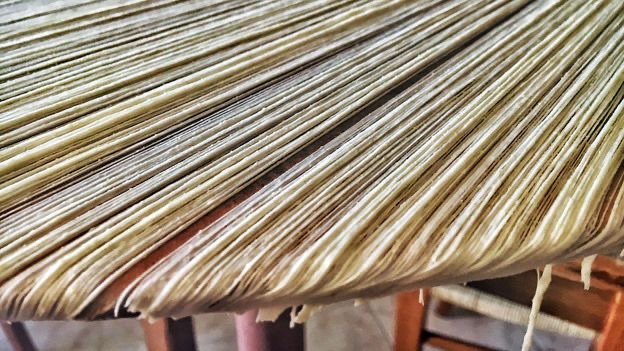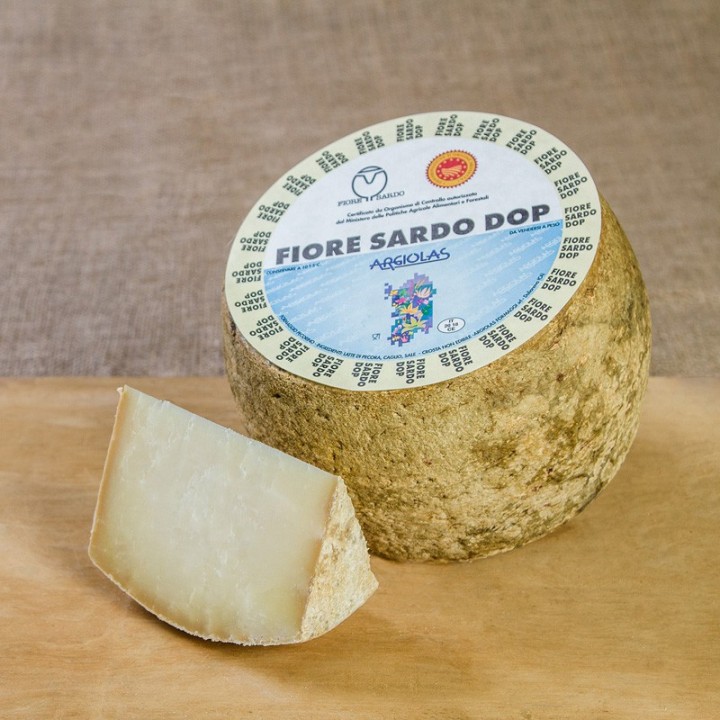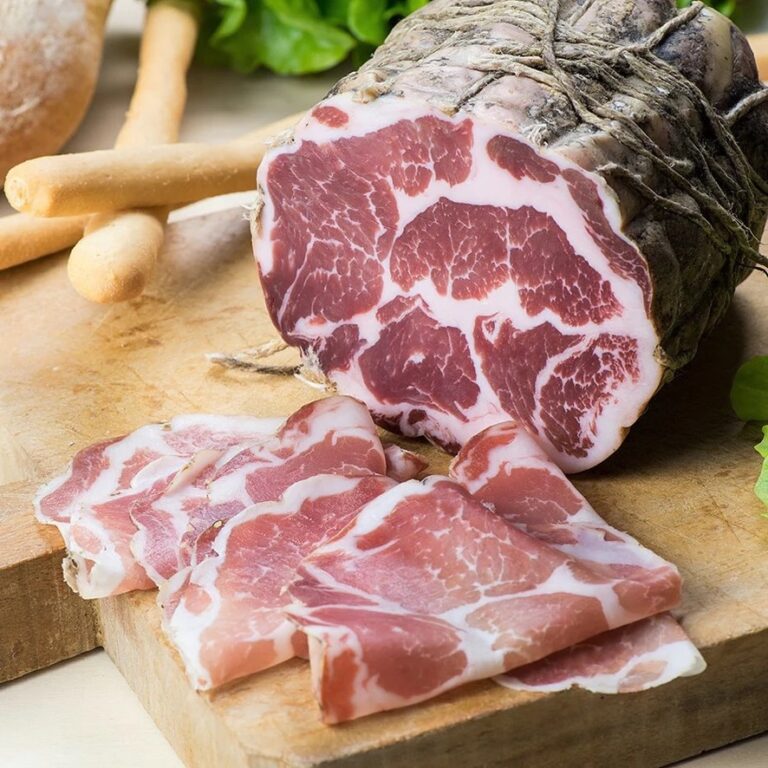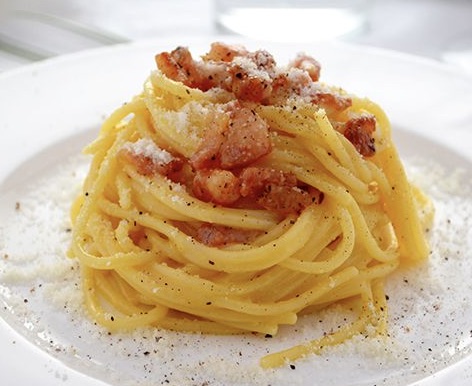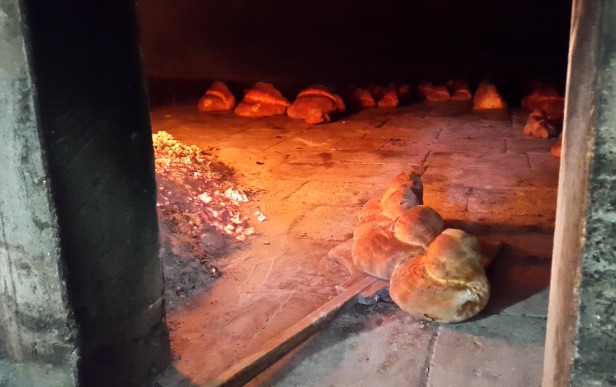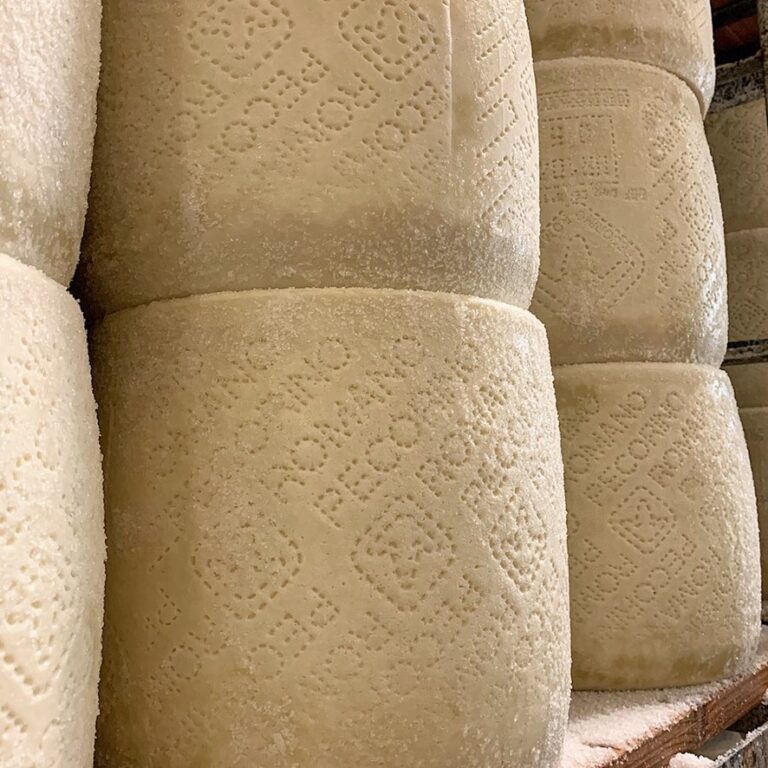Made in Italy Day: A Tribute to Artisanal Heritage
Today marks a significant occasion as we celebrate the first ever “Made in Italy Day” (Giornata Nazionale del Made in Italy). Let’s explore the rich legacy of Italian craftsmanship and the cultural importance of this commemoration, as we dive into the significance of Made in Italy Day, shedding light on its origins and cultural importance….

